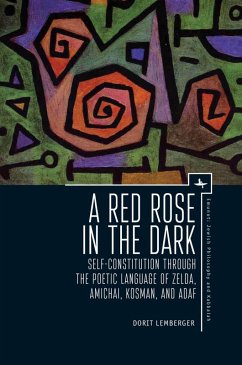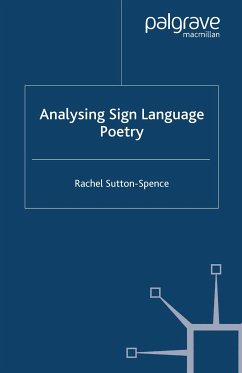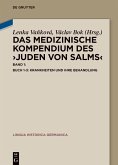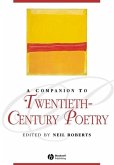Following Wittgenstein, this book investigates the dialogic, aesthetic and mystical language-games of Zelda, Yehuda Amichai, Admiel Kosman, and Shimon Adaf based on their family resemblance of intertextuality in their language-games. It resists common social-cultural categorizations while focusing on Wittgenstein's universal concepts. As a lecturer in the unit of interdisciplinary studies in Bar-Ilan University, Dorit Lemberger's researches exemplify the relevance and importance of linguistic concepts to Hebrew literature and Jewish philosophy. Also, I use psychoanalytic insights in order to show the common linguistic ground of literature and psychoanalysis, as 'talking-cure'.
Dieser Download kann aus rechtlichen Gründen nur mit Rechnungsadresse in A, B, BG, CY, CZ, D, DK, EW, E, FIN, F, GR, HR, H, IRL, I, LT, L, LR, M, NL, PL, P, R, S, SLO, SK ausgeliefert werden.









